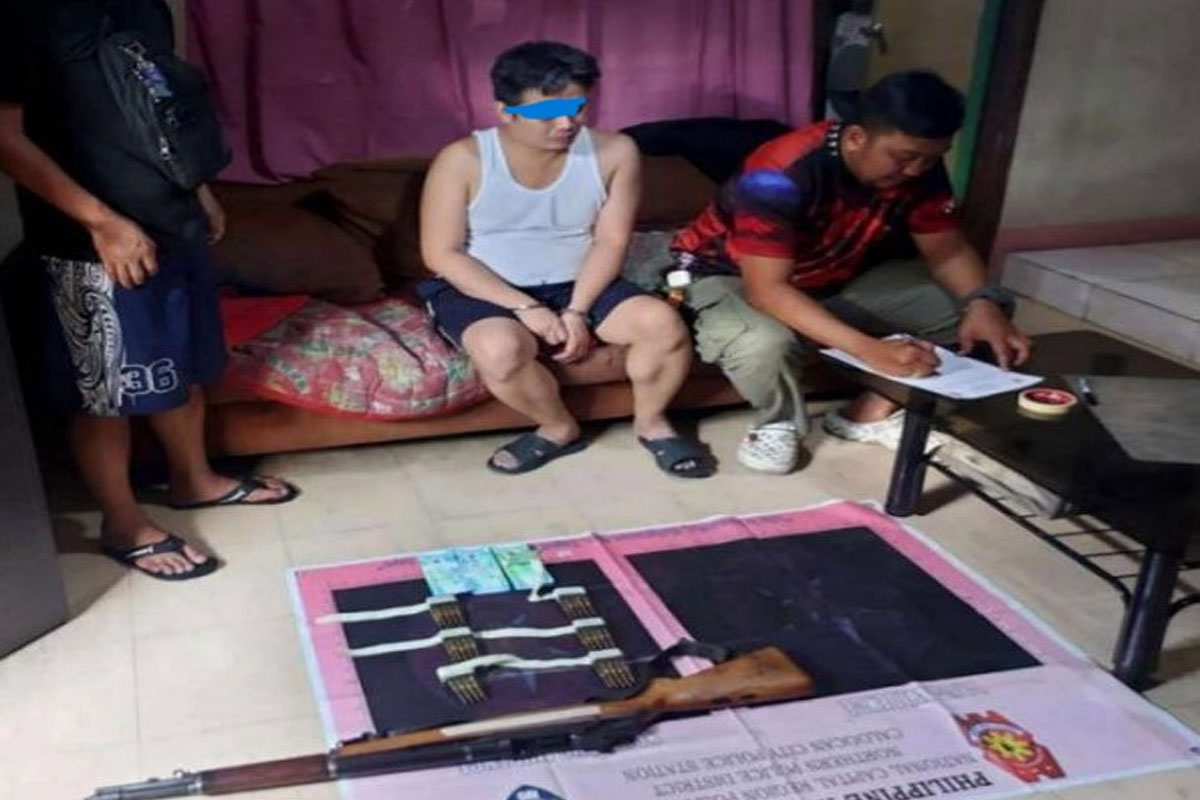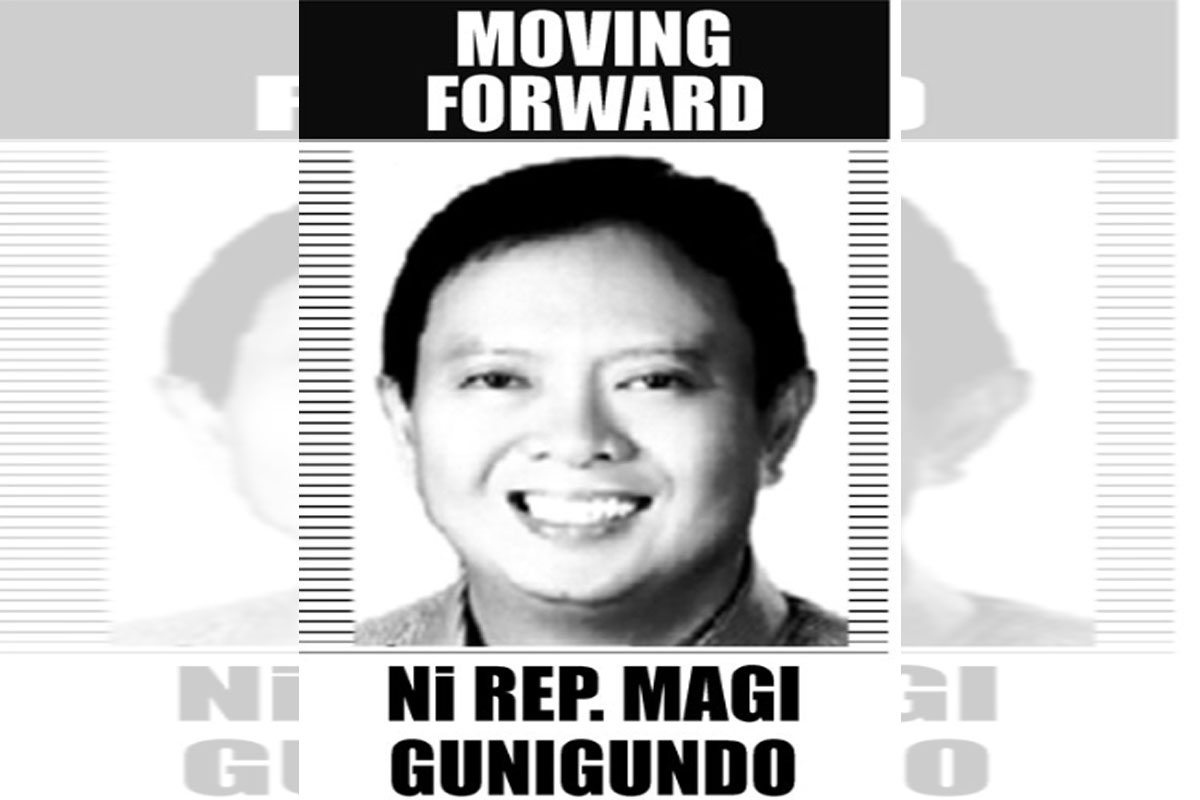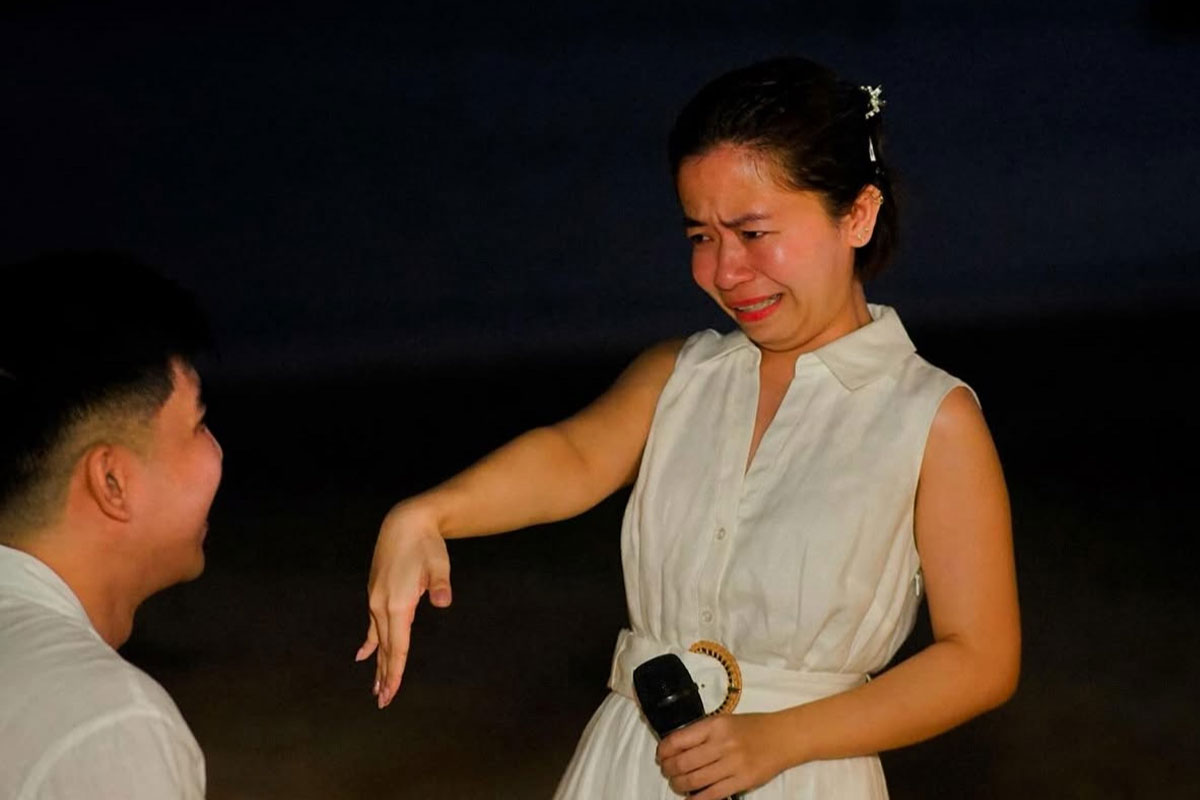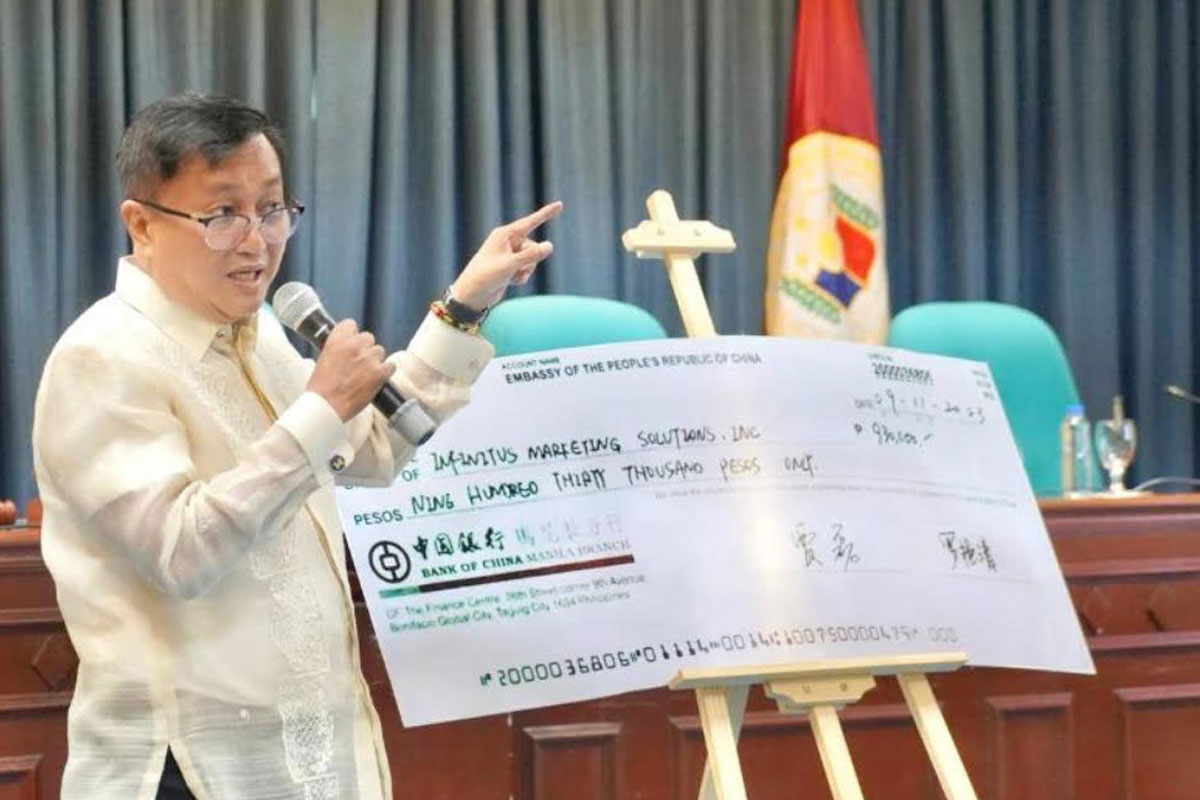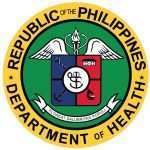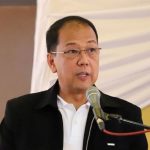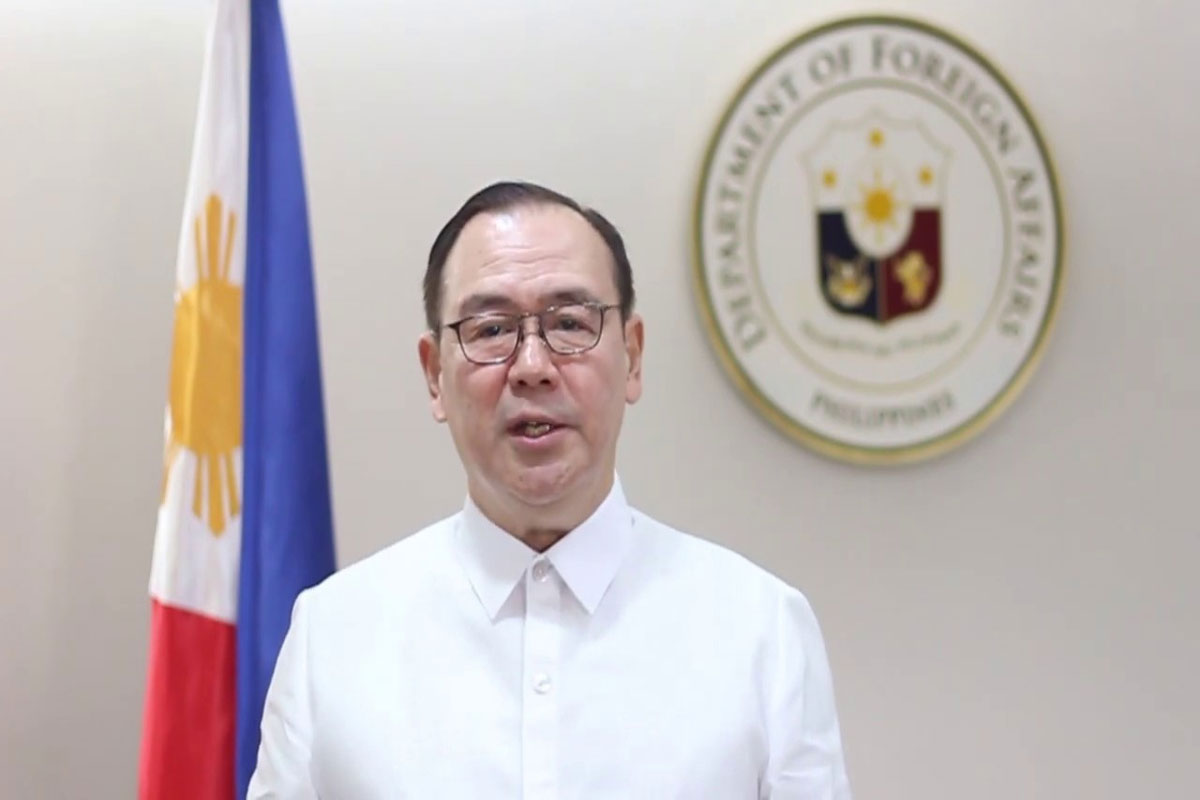 Teodoro “Teddy Boy” Locsin Jr. (File photo)
Teodoro “Teddy Boy” Locsin Jr. (File photo)
PH renews commitment to fight corruption
FOREIGN Affairs Secretary Teodoro L. Locsin, Jr. renewed Philippines’ commitment to fighting corruption by nurturing a culture of integrity through prevention, deterrence, and implementation.
In a statement at the UN General Assembly Special Session on Corruption held on 03 June 2021, the Secretary also noted that “the merest prejudicial disparity in a bid invites a charge of corruption,” and that “Corruption strikes at the life and soul of nations, killing the credibility and therefore viability of states which are nations’ political expression, encouraging the deadly, fast-spreading virus of public cynicism that kills love of country.”
Locsin added that the Philippines’ fight against corruption is not all punitive but also recognizes integrity.
He cited the Seal of Good Local Governance Act that rewards transparency and accountability in the use of public funds, the Anti-Terrorism Act that fills gaps in the investigation and prosecution of money laundering especially for terrorism financing, and the Philippine Government Procurement and Reform Act that requires the presence of civil society observers in local and national government bidding procedures in public procurement.
The Secretary also highlighted the creation of the joint oversight committees under the “Bayanihan to Heal as One” and “Bayanihan to Recover as One” laws as a response to the pandemic.
The Special Session of the General Assembly on challenges and measures to prevent and combat corruption and strengthen international cooperation was convened by the President of the General Assembly, Mr. Volkan Bozkir, pursuant to General Assembly resolutions 73/191 and 74/276, as well as Decisions 74/568 and 75/562.
In his statement, Bozkir, urged policymakers to leverage the special session to take concrete measures to prevent and address corruption saying in his remarks that “corruption corrodes public trust, weakens the rule of law, seeds conflict, undermines human rights and hinders efforts to achieve the targets of the 2030 Agenda.”
The United Nations Deputy Secretary-General, Ms. Amina Mohammad, stressed that corruption in public service delivery increases costs, lowers quality and distorts the allocation of resources. She encouraged the General Assembly to use the special session on corruption as an opportunity to chart a different path forward through a transparent, inclusive and accountable approach to governance that will strengthen the social contract between State and people. “Expectations are high,” she stated, “I encourage you to lead by example, by realizing the commitments you have made in the draft declaration, with the support of the United Nations system.”
The Special Session is scheduled on 2-4 June 2021 at the United Nations Headquarters in New York.


